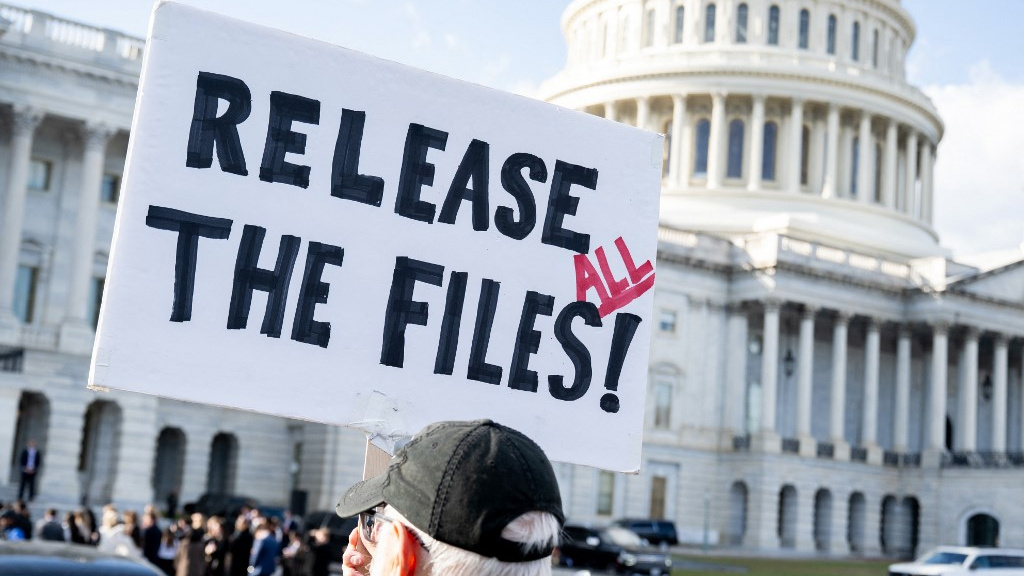The recent release of Jeffrey Epstein’s flight logs and related documents has ignited a firestorm, but the ensuing media coverage largely misses the point. While sensational details dominate headlines, the true significance of the Epstein leaks is far more profound. They haven’t just reopened a scandal; they’ve pried open a window into the core machinery of American power, exposing a deeply troubling network of money, politics, and influence. This isn’t simply about a fallen financier; it’s about the systems that allowed him to operate with impunity and the vulnerabilities he exploited within the American establishment.
The Unmasking of Power: Beyond the Scandal
The Epstein leaks reveal something vastly different than a mere story of personal depravity. They paint a picture of a deliberate operation, a subtle yet potent form of control exercised through compromise and leverage. Epstein wasn’t a self-made man who stumbled into elite circles; he was, as the documents suggest, a carefully constructed facade, a point of contact for an intelligence apparatus designed to corrupt and control.
The narrative isn’t a conspiracy theory; it’s a logical conclusion drawn from verifiable information. It’s not rooted in animosity towards any group, but in a meticulous examination of the evidence. The files illuminate a disturbing reality about how power operates – and is subverted – within the United States.
The Triad of Influence: Money, Politics and Intelligence
Epstein’s network was complex and unsettlingly well-connected. His closest associate, Ghislaine Maxwell, brought a legacy tied to intelligence circles through her father, Robert Maxwell. But the connections didn’t stop there. Investments connected to Epstein flowed directly to ventures spearheaded by Ehud Barak, the former Israeli Prime Minister, even after Epstein’s conviction for sex crimes. Barak’s involvement with Carbyne, an Israeli security tech firm funded by Epstein, is particularly noteworthy.
Investigations, most notably by Drop Site, have gone further, detailing how Epstein’s Manhattan home served as a frequent residence for senior Israeli intelligence officers, including Yoni Koren. This wasn’t casual hospitality; it was operational utility.
Epstein actively engaged in brokering deals with geopolitical implications. He facilitated a security agreement between Israel and Mongolia, attempted to establish back channels with Russia during the Syrian conflict, and secured a security deal between Israel and Cote d’Ivoire. These acts weren’t friendly gestures – they were fully-fledged state-level interventions, demonstrating his role as an intermediary for foreign powers. This highlights the critical issue of foreign influence within US policy making.
Elite Complicity: Vice Without Consequences
Perhaps even more disturbing than Epstein’s connections is what the leaks reveal about the mindset of the American elites who frequented his world. The flight logs and schedules show individuals who weren’t repulsed by Epstein, but rather sought him out. They saw him as a peer, a gatekeeper, a source of access to a network of wealth and power.
Being in Epstein’s orbit meant being noticed by the forces operating behind the scenes. Pleasing him meant gaining entry to a world where accountability dissolved, and indulgence reigned supreme. These individuals actively pursued a relationship that offered immunity, access, and the implicit backing of a powerful foreign lobby—a lobby adept at controlling nations through the manipulation of their leaders’ desires. Ultimately, Epstein personified a system of elite complicity.
Aipac: The Public Face of Influence
While Epstein operated in the shadows, utilizing psychological leverage and compromising information, another organization wielded power publicly: the American Israel Public Affairs Committee (Aipac). If Epstein was the covert tool of influence, Aipac was its overt counterpart, employing financial and legislative pressure.
Aipac poured over $53 million into American elections in 2024 alone, supporting 361 candidates across both parties. These weren’t simply donations; they were calculated investments, ensuring compliance and protecting favored individuals. One seduced through private failings, the other purchased through political contributions – together, they represented the shadow and surface of the same power structure.
Shifting Tides: Mounting Resistance to Lobbying
However, cracks are appearing in Aipac’s seemingly impenetrable armor. Its decades-long aura of inevitability is fading. The organization’s annual congressional trips are seeing dwindling attendance. In 2023, 24 first-term Democrats participated; in 2024, only 11, with seven dropping out at the last minute. Even prominent figures like Representative Hakeem Jeffries have refrained from attending.
Growing numbers of Representatives are publicly distancing themselves, returning Aipac-linked contributions and refusing future funding. More significantly, voters, particularly younger and more progressive demographics, are actively rejecting candidates endorsed by pro-Israel lobbying groups.
This resistance is manifesting in media scrutiny as well. Interviewers are now directly challenging politicians about their connections to Aipac, forcing them to confront uncomfortable questions. The fear factor surrounding Aipac is diminishing, replaced with fear of association with the organization.
The Paradox of Power: Influence and Accountability
Despite the declining public legitimacy, Aipac’s grip on foreign policy remains strong. Influence doesn’t vanish with unpopularity. Institutional power persists, even as public sentiment shifts. Therefore, even as politicians distance themselves, US foreign policy continues to prioritize Israeli concerns, often at a significant cost to American interests.
This begs the question: how can a nation assert its sovereignty when its leaders are so readily compromised—when elections are effectively auctions, and representatives function as assets of external interests? The very foundations of American democracy are threatened by this dynamic, allowing the perception of democracy to run rampant while the reality is a staged performance.
The Epstein leaks ultimately expose not a single predatory individual, but a systemic problem—a system built on moral compromise, foreign interference, manipulative tactics, and widespread elite corruption. He wasn’t an anomaly, but a symptom, and perhaps even a model for a dangerous form of influence. This calls into question the true governance of the nation: do elected officials truly lead, or are they merely puppets controlled by a foreign influence network with their secrets, campaigns, and vulnerabilities fully exploited? And when will the US truly prioritize its own citizens and interests over the demands of another nation and its powerful lobby?
